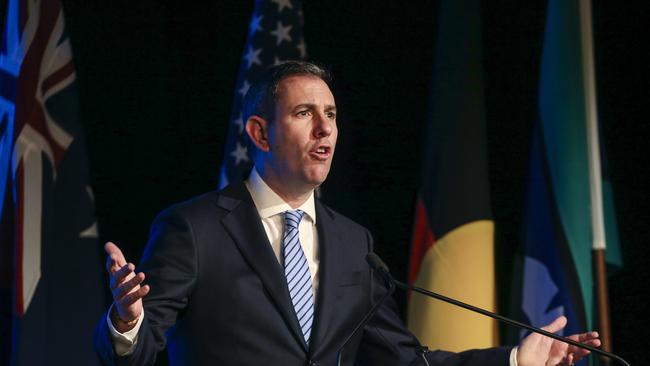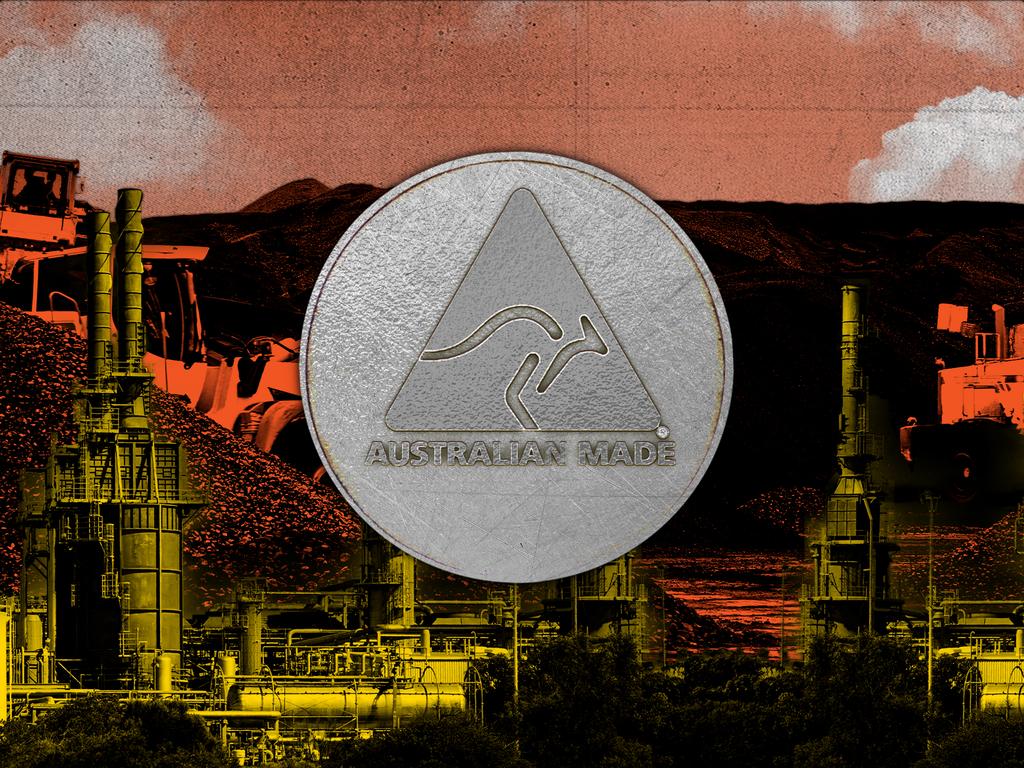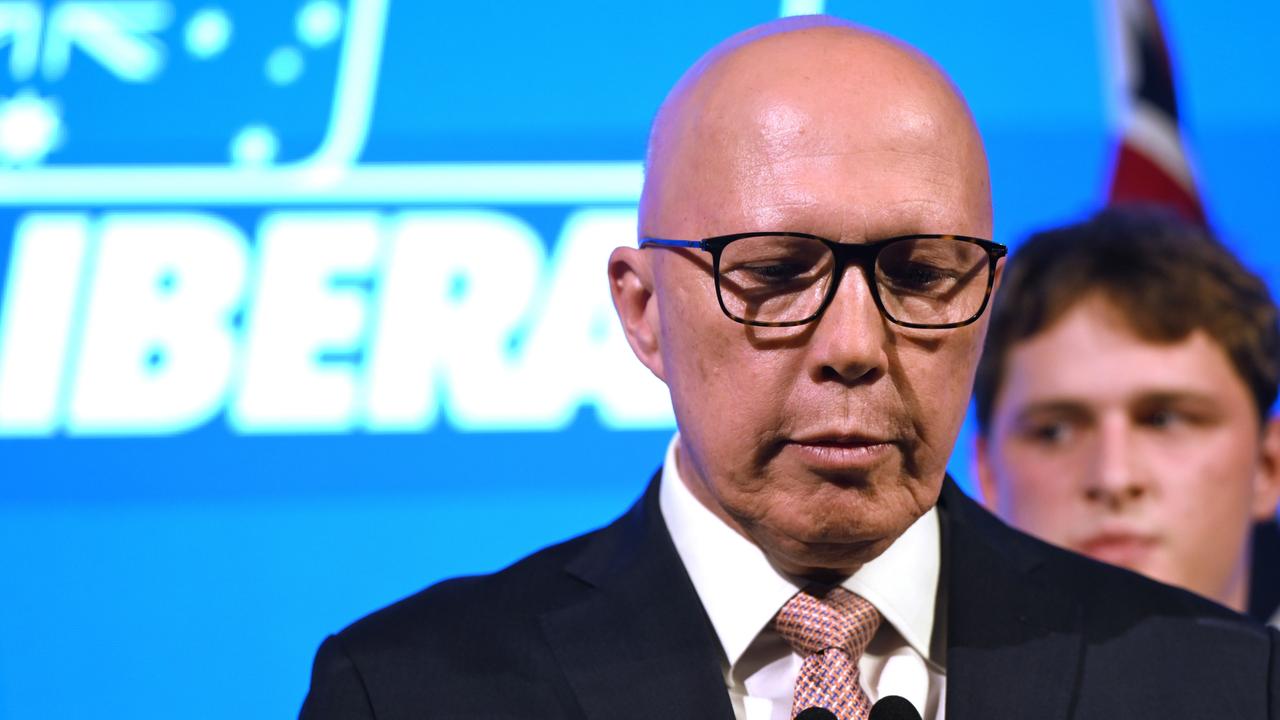Made in Australia risks becoming ‘new form of trade protectionism’, Productivity Commission says
The independent Productivity Commission has warned that industry assistance must be transparently weighed against alternatives, and warned identifying sectors with a future competitive edge is fraught with difficulty.

The Productivity Commission has warned the new wave of industrial policy through Labor’s Made In Australia program must be subject to “rigorous and public cost benefit analysis” or risk becoming a “new form of trade protectionism”.
With Labor preparing to spend tens of billions in taxpayer money to support risky investments in emerging technologies and industries in pursuit of strategic and green goals, the PC’s 50th annual trade and assistance review highlights the difficulty in identifying areas where Australia has the competitive advantage that is required to create sustainable industries.
PC deputy chair Alex Robson said “a strong economy is one that makes the most of its relative strengths – but identifying points of comparative advantage is not straightforward”.
Dr Robson highlighted how economists have struggled to develop a single, reliable model to identify areas of comparative advantage using historical data, suggesting the prospect of identifying winning sectors of the future was even more problematic.
In that context, “governments should be cautious in pursuing industry policy on this basis and build in off-ramps to allow a timely exit if these policies fail to achieve their stated aims,” he said, echoing comments from PC chair Danielle Wood earlier this year.
Dr Robson said “at the border” assistance – such as tariffs – had dwindled over the past five decades, but there was a growing enthusiasm for so-called “behind the border” measures, which were harder to quantify. These policies also included price controls on gas, local content rules which require governments and businesses (such as Netflix) to direct a certain share of spending to Australian providers, and carbon border adjustment mechanisms.
The PC review found there had been about 1800 trade-distorting industry policy measures implemented across both advanced and emerging economies in 2023. “The move here and internationally away from tariffs and towards these behind-the-border measures means there is an increasing array of measures that lack transparency and it’s difficult to estimate the value of support,” Dr Robson said.
The PC’s latest trade and assistance review found government support for specific industries fell to $15bn in 2022-23 as Covid-era measures elapsed – most notably $1bn in lower payments associated with the HomeBuilder program than in 2021-22.
Jim Chalmers in a statement said there was “a lot of common ground” between the government and the PC “on the benefits of our efforts to abolish nuisance tariffs, strengthen the foreign investment regime and make sure we get value for money”.
“Whether it’s our support for small businesses and farmers, or our plans to make Australia a renewable energy superpower, we know how important it is we invest that public money in a responsible way subject to strict, robust frameworks,” he said.






To join the conversation, please log in. Don't have an account? Register
Join the conversation, you are commenting as Logout